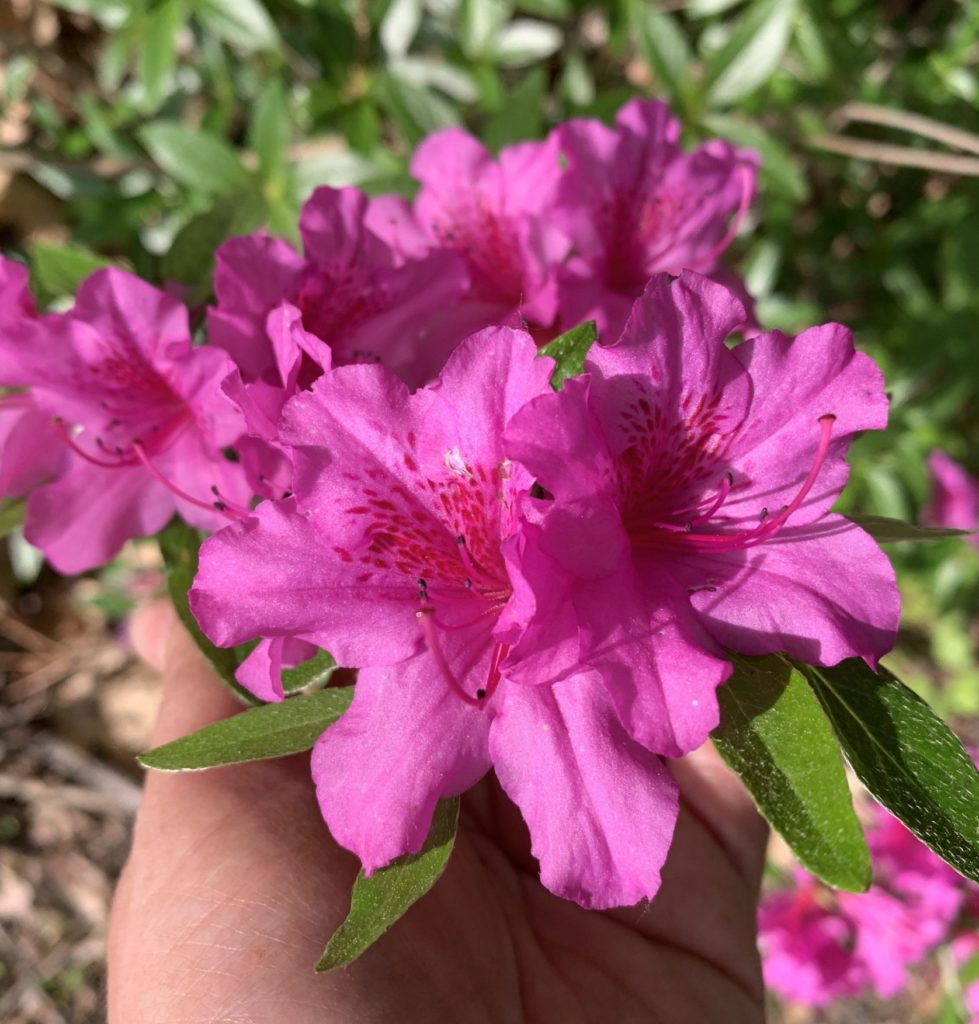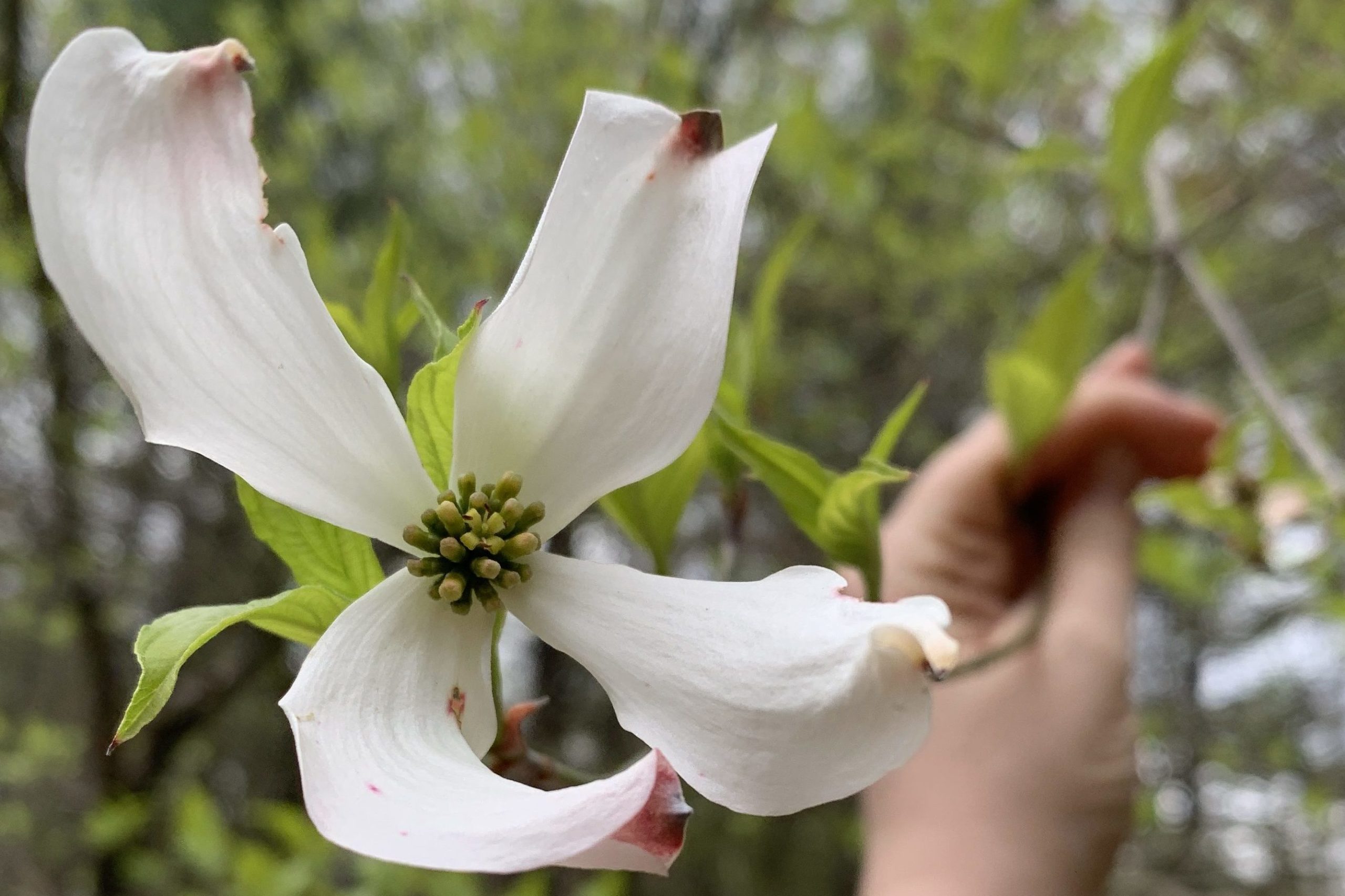This is part three of a multi-part series exploring how I, Lise, see the drow of D&D. For more info, see part 1’s introduction. Also worth reading is the post where this all started: “On making the drow less problematic.”
- Introduction + the banality of evil and social Darwinism
- The law of “don’t get caught”
- The ultimate in “guess” culture (you are here)
- Chosen ones
- Connoisseurs of sensual pleasures
- Sexual orientation
- Gender identity and trans-ness
- Yes, heat vision
- Drow language
- Consent in the matriarchy
- No one is born knowing their society is fucked
- Drow cuisine
- Etc etc
The ultimate in “guess” culture
I guess we didn’t all read the famous “ask vs. guess culture” Metafilter thread back in the day and take it to heart? Unfortunately the original post has been lost to time, so when I want to make this point, I usually refer people to this article by Jean Hsu on Substack.
Basically, ask vs. guess culture refers to our how we express (or don’t express) our needs and desires vis a vis other people — whether or not we directly ask for what we want, or we assume we already know what the answer will be.
I feel like Hsu’s summary of “guess culture” perfectly encapsulates how I see drow society working. To quote:
- Only ask for something if you’re already pretty sure the other person will say yes
- Read an abundance of indirect contextual cues to determine if your request is reasonable to make
- It’s rude to put someone in a position where they have to say no to you
- If the appropriate feelers and context are set, you will never have to make your request at all.
A real world example with my family: my mom always used to complain that her mother-in-law wouldn’t directly ask her to turn up the heat when she was cold. Instead she’d put on a sweater, make shivering motions, and say, “Are you cold?” (Not sure if this is because my grandmother was first-gen Italian? Italy doesn’t strike me a “guess” culture, though).
In my version of drow culture, it’s not just rude to ask a question you don’t already know the answer to, it’s dangerous, because it reveals that you don’t already know.
Or to quote some of my fanfic:
“You don’t suspect he might have hidden motives?” Mavash pushed. “Revenge, or greed, or power?”
“Now you’re thinking like a drow,” Jorlan murmured, crossing his arms. “I’m sure he does. He never has fewer than five or six at a time. But asking will only imply we don’t already know, which is a weakness we can’t possibly show to him.”
Bright Future, chapter 24, “Thalack”
Fel’rekt wanted desperately to pepper Krebbyg with questions as they wandered the hallways of the Bregan D’aerthe headquarters. But to ask was to fail — joros zhah hojh, as the proverb went. He was already off his footing; he didn’t need everyone else knowing just how much.
“What Do You Hear in These Sounds,” chapter 2
Basically, to drow: not knowing is a weakness. When you ask a question, you reveal that weakness.
And weakness in drow society will get you killed.
So overall, there is a tendency for drow to imply rather than state. In the real world, we might call this “being passive-aggressive,” but I argue it serves a different purpose amongst the drow.
First, it provides plausible deniability for any crimes you’re about to commit 🤣. I call this the “let me tell you a story” technique — I stole this, actually, from Dumas’ The Three Musketeers. There’s a moment where Cardinal Richelieu, rather than directly saying to Milady de Winter “hey go to England and murder the Duke of Buckingham,’ tells a story about a time where the course of history was changed by someone important dying at an opportune time. I heard that on my audiobook and was like, “damn, that’s brilliant; gotta use that.” (I use it in my original fiction, too).
I use this a lot in my drow intrigue game, when Nithrys, my wet noodle of an aberrant mind sorcerer gets called upon to occasionally be a charismatic badass. Like, this bit from my (non-narrative) game notes:
Nithrys tells Gromph [Archmage of Menzoberranzan] a “story” he wants Gromph’s “opinion” on, basically implying that we have a link to Faen Tlabbar, are planning to take it over, and would like their backing (in return for our own backing of House Baenre). But without saying anything outright, of course.
We’re not saying to the most powerful male in Menzoberranzan, “hey we’re gonna take over another house; would you back us?” Because that would be illegal, a reason for execution. But we still get the point across 😈
Also, remember how in part 2 I said the law of “don’t get caught” can erase all crime from the “official” narrative? How do the drow talk about this erased history?
Again, very indirectly! In the chapter “Orb’ilythiiri” of Bright Future we have a flashback to a pre-story event where a number of powerful priestesses are discussing what to do with a problem like Jorlan. But of course, they have to do it without directly mentioning a lot of things which Totally Didn’t Happen™️ (some canonical, some not).
“Matron Baenre,” Miz’ri said, “Again, please forgive my daughter. She is young, and easily infatuated. But the fundamental problem, you see, is… he’s not quite a mongrel, is he?”
When Quenthel did not reply, Miz’ri probed, “You know of what I speak. House Duskryn’s experiment.”
The fan made a rhythmic tap-tap-tap against Matron Baenre’s leg. “I know of no such thing, of course,” she said, her voice placid. “But one hears stories. My brother is quite the fanciful storyteller, for example.”
Which one? Jorlan bitterly mused, though he was sure she must mean Gromph, whose rivalry with Vizeran deVir had ultimately erased Jorlan’s sister Si’Nethraa. Her death had expiated House Duskryn’s sin of presumption, and to admit it had happened was to admit wrongdoing.
And yet, if it was likely to save his skin, Jorlan wasn’t going to argue.
“Yes, Matron,” Ilvara said, sounded chastened. “We hear many stories about your brother, too. Surely his magical prowess has brought glory to your house. Would that our lowly house could have done as much, with what we were gifted and have lost.”
Matron Baenre made a well-hidden snort of satisfaction. It didn’t need to be said how House Mizzrym’s magical talent — Ilvara’s older siblings — had devoured themselves, removing a thorn in Quenthel’s side and paving the way for Gromph to become head of Sorcere.
“But,” Ilvara continued, “It’s fickle how magical talent works, though, isn’t it, Matron? How it seems to miss siblings, or doesn’t breed true — and then sometimes, some seventh son will show up with all the magic that skipped a generation! We discard the ungifted at our peril, I believe.”
Oh, that was cleverly worded, and that was Ilvara at her best — when she wasn’t consumed by rage and zealotry, as she had been of late. Even now, it made Jorlan want to kiss that clever mouth.
Matron Baenre halted — both her steps and the tapping of her fan. “I see,” she said, after some deliberation. She sounded sour. “Perhaps we can give your pet a chance to redeem himself, then. Blood will tell, as my mother always said.”
Bright Future, Chapter 17, “Orb’ilythiiri”
(That’s another banger of a chapter, if I do say so myself! And fairly standalone, since it takes place outside the frame story of Bright Future).
That’s it for now! Next time we’ll talk about how drow see themselves as chosen ones.


